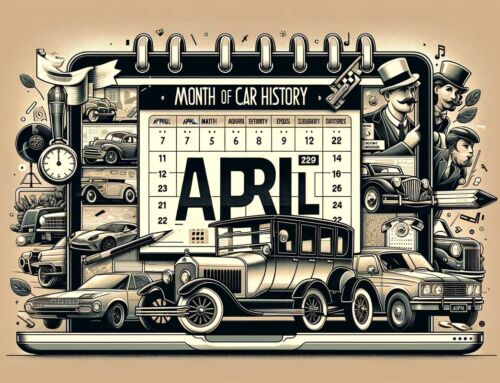You may think you know a fair amount about your vehicle and can even change your own oil. However, there are quite a few misconceptions and ‘myths’ about oil changing, leaving many people boggled about what is really the truth.
Here are a few myths that you may or may not have been bamboozled about in the past:
- You must change your oil every 3,000 miles or every three months.
This is a MYTH!
Well- most of the time. If you drive a more modern vehicle, you can extend that to at least around 7,800 miles and most newer models will alert you when it’s time, saving you a guessing game. Also, if you use synthetic oil or even a blend, this can help extend the mileage before your next oil change.
- Once you go synthetic, you can’t go back.
This is a MYTH!
Synthetic oil and traditional petroleum-based oil are typically blended anyway and your engine will not be harmed by switching back and forth. If you use synthetic and decide that it’s too expensive for your budget, there is no harm in going back to traditional oil.
- You can determine whether or not it is time to change your oil based on sight.
This is a MYTH!
Many people are told that when the oil turns black, it is time to change it. Actually, after a while, dirt can make its way into the oil making it a darker color. This is a good thing; it is keeping the dirt from contaminating the engine. The main deciding factor on whether or not to change your oil should be based on the suggestions in your auto manual.
- You don’t need to change your oil filter every time you change your oil.
This is a MYTH!
According to Pep Boys, by changing the oil filter when you change your oil, you prevent contaminants trapped in the old filter from entering the new motor oil and potentially causing damage to your vehicle’s engine. So don’t leave the filter out of the equation when the oil is changed.
- The ‘W’ in 10W-30 oil stands for ‘weight.’
This is a MYTH!
It actually stands for ‘winter!’ According to HowStuffWorks, when you buy engine oil, it’s important to know the oil’s viscosity, a property that corresponds roughly to its thickness. The less viscous the oil, the more smoothly it moves through your engine and lubricates the moving parts. The best engine oils have a viscosity that is neither so high (thick) that it will barely flow or so low (thin) that it will slip through your engine like water. Many people are led to think that the ‘W’ stands for ‘weight.”
People sometimes learn incorrect information regarding vehicle maintenance from friends or family, by doing online research, and even sometimes straight from the professionals’ mouths. It is always good practice to ask around to multiple people if you have a question or concern about your car and only do research on reputable sites, as well as compare sites for any discrepancies. By carefully researching and asking questions, you should be able to determine myth from fact!
If you find that you’ve crunched your car, contact Downtown Autobody for your auto body repair needs. Downtown Autobody proudly serves Rohnert Park, Santa Rosa, Cotati, Windsor, Petaluma, Sebastopol, and the rest of Sonoma and Marin counties.





